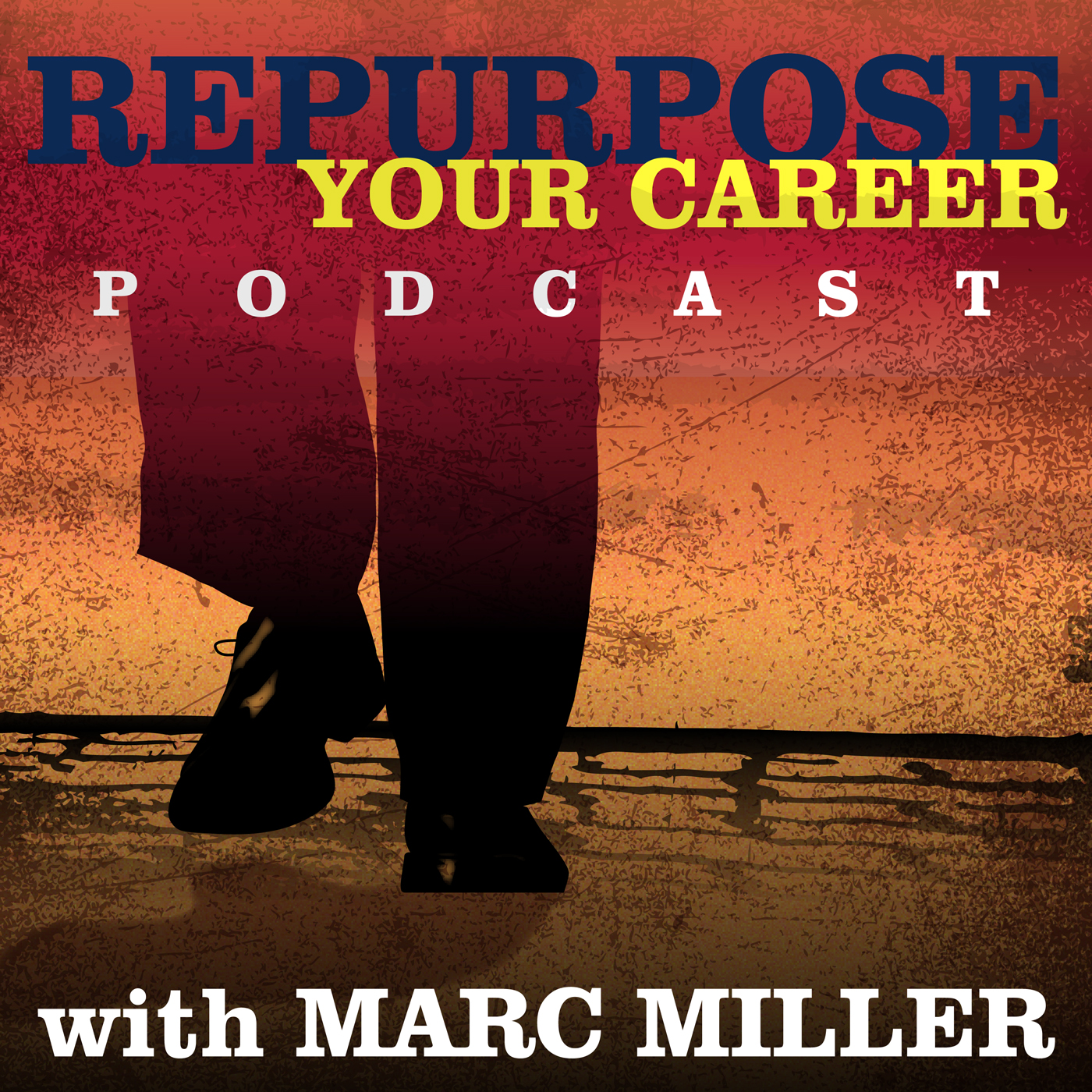4 Things to Do When You Lose Your Job
 Losing your job is a tough pill to swallow. What makes it seem even tougher? Losing your job 20 or 30 years into your career. Since giving up is not an option, the trick is to come up with a game plan. Your game plan should be to turn your job loss into a positive experience instead of a negative one. Need some help? Here are four things to do when you lose your job.
Losing your job is a tough pill to swallow. What makes it seem even tougher? Losing your job 20 or 30 years into your career. Since giving up is not an option, the trick is to come up with a game plan. Your game plan should be to turn your job loss into a positive experience instead of a negative one. Need some help? Here are four things to do when you lose your job.
1. Take a Step Back
Losing your job is jarring, even if you see it coming. It is normal to feel defeated at a time like this. The first thing you should do when you lose your job is to take a couple of days to unwind–let it settle in. Take a road trip, go visit friends, spend time with family, or just hang out at home. By allowing yourself a couple of designated days to process what happened, you can move on with your job search with a clear head. Once that couple of days have passed, pick yourself up and get into job search mode.
More: Baby Boomer Walkabout – A Moment of Clarity
2. Examine the Crossroads
As you begin your job search, think about the things that didn’t work out with your last job. This is your opportunity to make a positive change in your professional life. Use this opportunity to ask yourself some tough questions: Are you sure you want to continue on in this career? Is there a different route you can take in your career? Did you like the company culture and office environment at your previous job? When you find a new job, you want to make sure it is somewhere you will be happy and thrive. Your age is not a good enough reason to stick with a career that makes you unhappy.
More: Career Reflection – A Twice a Year Duty
3. Put Out Feelers
Once you determine the kind of job and company you are looking for, start to put out feelers to your contacts. Consider sending out networking cover letters, which are a quick and professional way to get in touch with people. Let them know you are looking for a new job (no need to tell them why) and the type of job you want. The best contacts to reach out to are old coworkers, friends in your field and fellow alumni. It is common today for many companies to offer referral bonuses, so people will be even more eager to help you out!
More: Strategic Networking – Building Your Tribe
4. Update Social Media
Along with an updated resume, your job search should begin with fresh, updated social media profiles. If you don’t have a social media presence, LinkedIn, Facebook and Twitter are a good place to start. Social media can help you in your job search by building your personal brand. A few easy ways to update your social media profiles include using the same professional picture for each, make your contact information clear and become an active sharer of articles in your field. Get your name out there for recruiters and hiring managers to see.
More: 3 Personal Branding Tips for Baby Boomer Job Seekers
While losing your job can be a shock to the senses, it does not need to be a negative experience. Commit to seeing your job search as a means to positive changes in your life, and you’ll end up happier in your career than you were before.
Listen to the most recent episode


Marc Miller
Discover the Perfect Destination for Your Retirement or Remote Work Abroad #337
This post was written by James Hu, who is the founder and CEO of Jobscan (www.jobscan.co), an analytics tool that helps job seekers land more interviews by comparing one’s resume against any job description for keywords and match rate. Follow Jobscan onFacebook, Twitter and Instagram
Like What Your Read? Get Career Pivot Insights
Do You Need Help With ...

Check out our Help Center where you have access to 14 different content portals.

